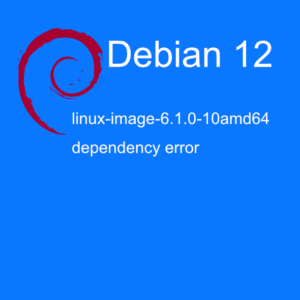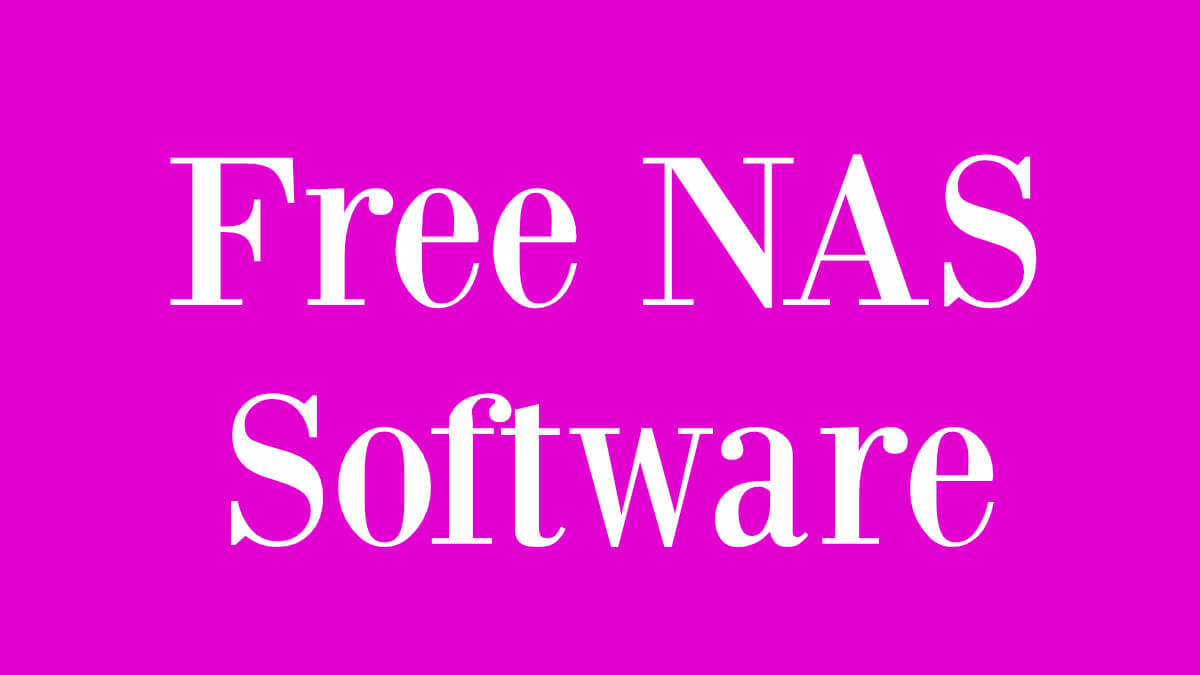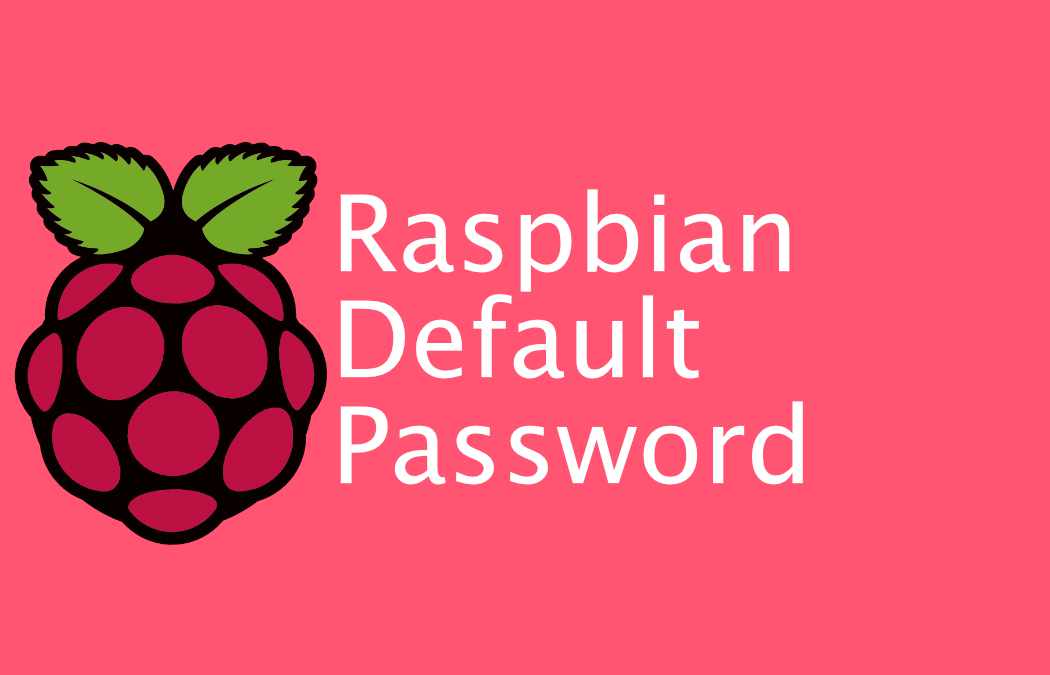 I find Virtualbox easy to work with, and usually stable. For performance I would check out KVM or XEN HVM instead. Update! The larger Linux distros are skipping XEN for KVM in latest versions.
I find Virtualbox easy to work with, and usually stable. For performance I would check out KVM or XEN HVM instead. Update! The larger Linux distros are skipping XEN for KVM in latest versions.
Anyway, let’s get it in there.
Add it to the repository:
vim /etc/apt/sources.list
Add this line to the bottom of the sources file:
deb http://download.virtualbox.org/virtualbox/debian wheezy contrib
To add the public key:
wget -q http://download.virtualbox.org/virtualbox/debian/oracle_vbox.asc -O- | apt-key add –
Time to update package list:
apt-get update
Ready to install VirtualBox:
apt-get install linux-headers-$(uname -r) build-essential virtualbox-4.2 dkms
VirtualBox is now installed. We want to add the extention pack, so we can install guest systems via remote desktop. Download current version of the extionpack:
wget http://download.virtualbox.org/virtualbox/4.2.18/Oracle_VM_VirtualBox_Extension_Pack-4.2.18-88780.vbox-extpack
If you need to run on another use than root:
adduser hostman(or any user you want) vboxusers
Your system is now ready to run. Ready to create and start guest systems.
Happy computing!





